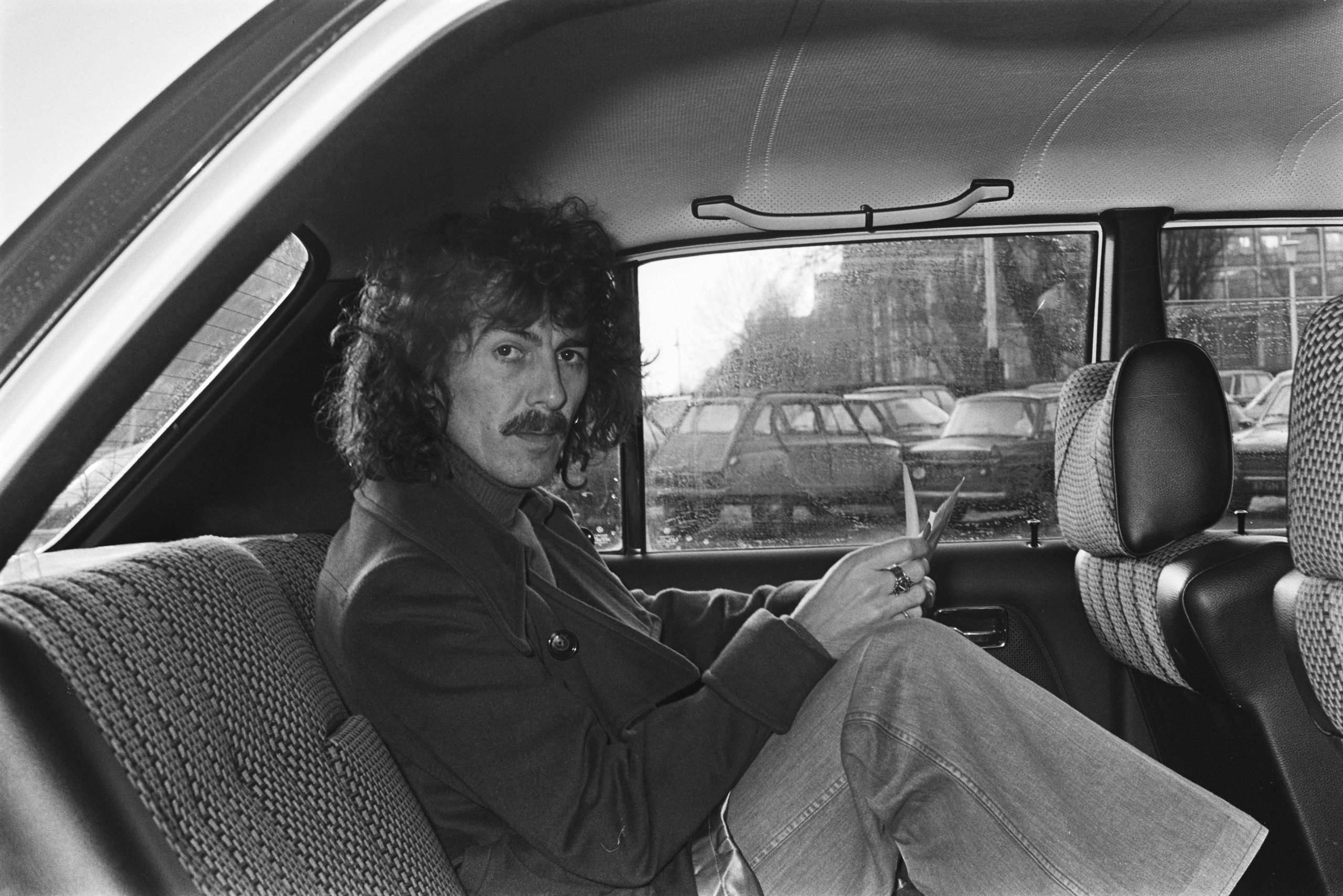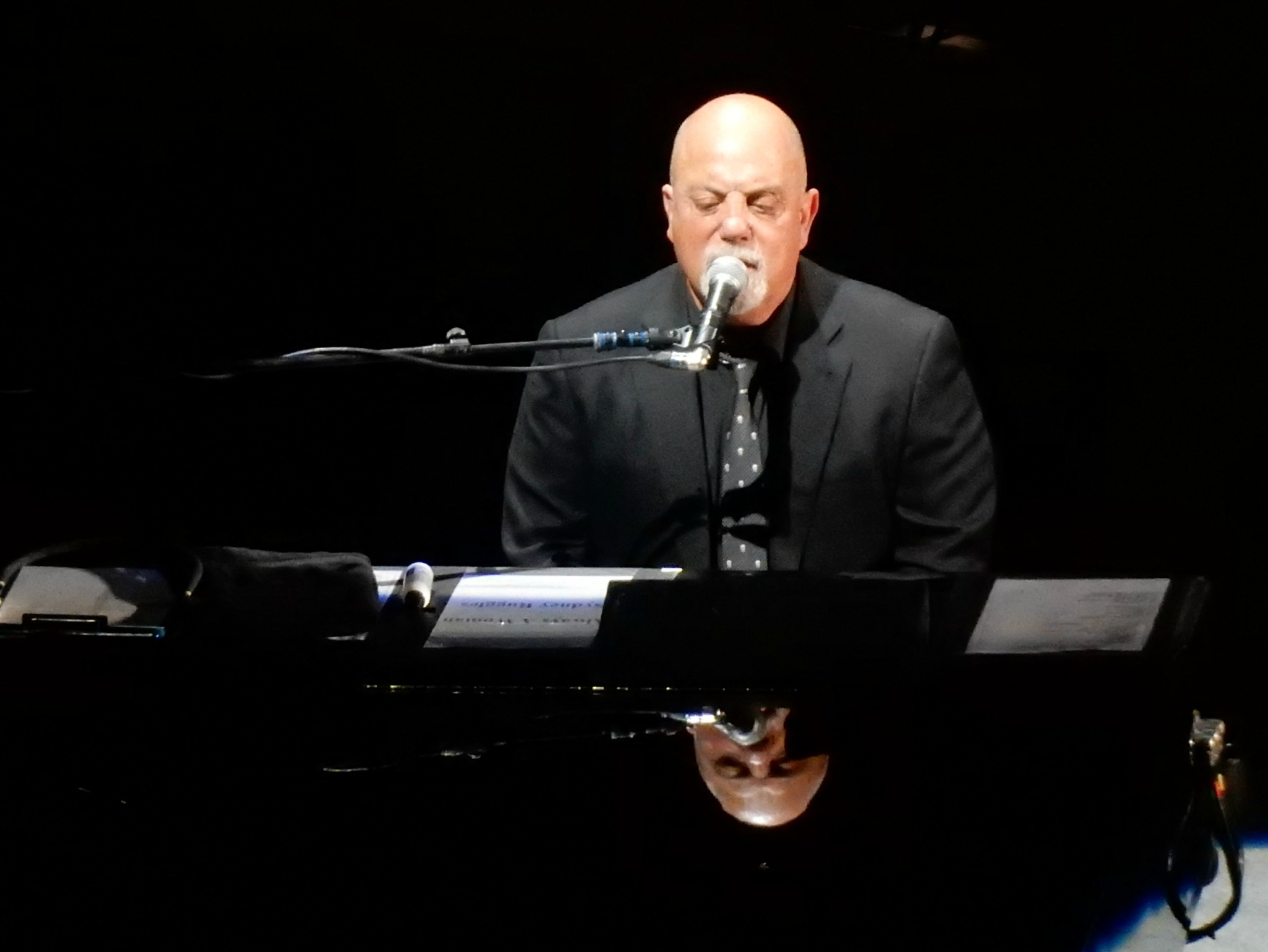Sometimes the most chilling movie moments come from unexpected places. Zach Cregger’s mystery-horror film Weapons opens with George Harrison’s “Beware of Darkness,” transforming the ex-Beatle’s 1970 spiritual warning into the perfect soundtrack for children disappearing into the night.
The sync works because Harrison wasn’t writing about literal darkness—he was warning against something far more insidious. Your Spotify algorithm might suggest Harrison next, not because you searched for Beatles deep cuts, but because you couldn’t shake that opening scene.
When Spiritual Warnings Meet Movie Scares
The cosmic irony of repurposing meditation music for pure cinematic dread.
Weapons hit #1 at the box office partly because Cregger knows how to weaponize nostalgia. The opening sequence features:
- Children leaving their homes at night
- Harrison’s cautionary lyrics underscoring unsettling imagery
- Music from All Things Must Pass, Harrison’s 1970 triple album
Here’s what makes the choice brilliant: Harrison wrote “Beware of Darkness” while members of the Radha Krishna Temple stayed with him, exploring the concept of “Maya”—spiritual illusion that distracts from truth. Eric Clapton’s lead guitar and Ringo Starr‘s drums gave the track serious rock credentials, but Harrison’s lyrics warned against mental traps, not horror movie villains.
The track opens with “Watch out now, take care / Beware of falling swingers” before building into its recurring warning: “Beware of darkness.” What Harrison intended as spiritual guidance against illusion now serves as an ominous soundtrack for actual danger.
The irony is delicious. A song about avoiding spiritual distractions now introduces thousands of moviegoers to Harrison’s catalog through pure cinematic manipulation. Catalog syncs in major releases can:
- Revitalize classic tracks for entirely new audiences
- Prove that context shapes meaning as much as content
Weapons demonstrates how film syncs breathe new life into classic catalog material. Harrison’s estate probably never imagined his Krishna-inspired meditation becoming horror movie gold, but that’s exactly how timeless tracks discover fresh relevance. The spiritual becomes sinister, meditation becomes menace, and a 50-year-old warning about inner darkness perfectly scores outer terror.
The real magic happens when spiritual philosophy accidentally becomes perfect movie psychology. Harrison would probably appreciate the cosmic joke—his song about seeing through illusions now creates the perfect illusion of dread.


























